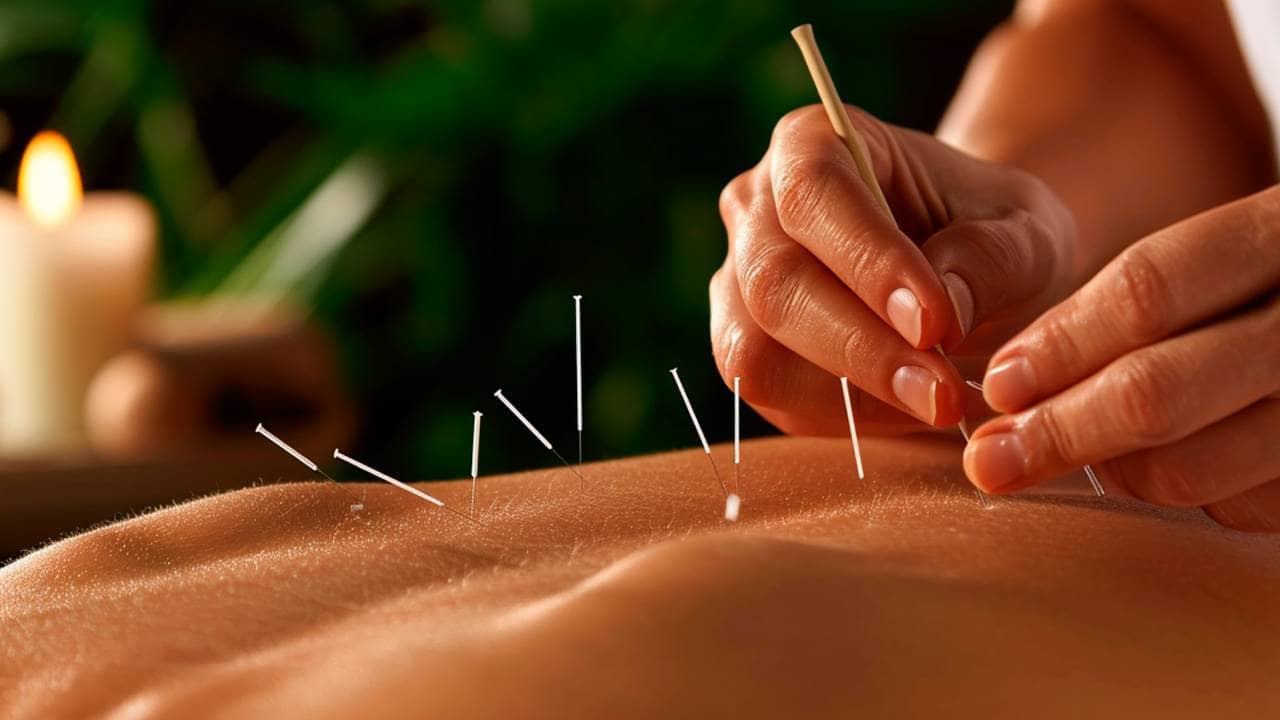How To Calm Your Nervous system?
Be calm, be hopeful…..
Vestibular disorders are invisible injuries that can become very difficult to handle on your own. They create a sense of anxiety and fear within us which just topples our normal world upside down. We don’t realize the importance of this dime-sized organ in our body until it hits us. Don’t worry we have got your back.
Through this blog, I will try and give you several strategies to manage anxiety, fear-potentiated startle, aggression, avoidance responses etc.
Education:
It is very important to get educated by a skilled professional about what’s going on with your body. Avoid reading on Dr Goggle. Find a vestibular therapist or other health care professional who can guide you through this and direct you to the right portal of information. With my experience, I have noticed that as soon as I explain to the clients what’s going on and why they are feeling this way, there is a sense of calm or peace that I see in them right away.
Breathing:
Next step, I always check how my client is breathing. Check it out for yourself. Lay on your back with a pillow under your knees. Have one hand on your chest and one on your tummy. Notice the rise and fall of your chest and tummy. Which hand is going up more than the other? Generally, it is the chest hand. This uncoordinated pattern of breathing suggests the body is under a lot of stress and we are using accessory muscles of respiration. The more we get our breathing regulated, the faster we can calm our nervous system. Try this. Same position. Take a deep breath in through your nose to fill in your lungs such that your belly hand rises. Repeat it a couple of times. This is Diaphragmatic breathing, the normal pattern. Use that large dome-shaped muscle, don’t let it atrophy. We can also do Box breathing. Breathe in for 4 sec, Hold for 4 sec, Breath out for 4 sec and hold for 4 sec. It can be a little hard in the beginning but as you keep practicing, it will get easier.
Surface Orientation:
It sounds like a big word but it is a very simple exercise to help you ground. Vestibular disorders cause this fuzzy, floaty, swimmy sensation. Our brain finds it hard to ground the body due to sensory maladaptation/ mismatch. We can use our somatosensory system to help with this. Let’s try it together. Sit or lay in a comfortable position. Make sure your feet are touching the ground in a sitting position. Close your eyes and take a few deep diaphragmatic breathing. Now bring your attention to parts of the body that are touching the surface either ground or mattress or couch. Feel any sensation that you can feel in that part of the body. Go step by step upwards starting from feet to the top. Be with those sensations for at least 5-10 sec. Do not analyze the sensations. Repeat the sequence if you wish to. Use this tool anytime you feel dizzy. The more you do the better you will be able to handle the dizzy sensation.
Positive affirmations:
Amygdala, an emotional Centre in our brain stores all the positive and negative memories and emotions. This center is responsible for the overactive fear-anxiety responses once we get dizziness. A lot of us must have noticed that with vestibular dizziness, you don’t generally fall but get a sensation of falling. That sensation of falling sends the protective response throughout the body, leading to neck and body muscle tightness or stiffness and walking very slow and cautious. Beware, there are some vestibular conditions which can increase your fall risk too. As we practice the above three techniques and keep using positive affirmation- I am safe. The amygdala will start to calm down and you will notice better movements. Also, the vestibular rehab mantra- Whatever makes you dizzy is good for you will also help.
Good sleep:
It is very important to have a good sleep when you are dealing with vestibular conditions. The vestibular and sleep centres are closely connected. Your recovery can be delayed if you are dealing with insomnia. Try these simple tips to help sleep better:
- Fix your bedtime.
- Warm shower before bed.
- Lavender oil on your pillow, body or dispenser.
- Listening to bedtime stories or delta waves. For people with tinnitus – white noise can help sleep better
- Use of weighted blankets – preferably bamboo material as it has a cooling sensation
- No use of electronics 1 hour before bed
- Vitamins – Magnesium, melatonin
- Calming tea 2 hours before bed – valerian, chamomile, banana tea etc
If you have any other strategies that have worked for you, feel free to share with us so that we can help everyone.
Managing stress:
Your vestibular system will not be happy if you are very stressed, exhausted, not sleeping well, sick, overworked, have low immunity, change in medical health etc. The vestibular nerve is a very delicate nerve with a precarious blood supply. Any of these changes will cause your symptoms to go awry. So once you get your vestibular diagnosis, you will have to modify your lifestyle in the beginning for better healing and recovery. Try to keep stressors as few as you can. I know it’s always easier said than done. But taking one step at a time and taking help from your loved ones will make a huge difference.
Let us know below in the comment section if these strategies have helped or not. I have created an audio of surface orientation exercises. Most of my clients like to listen to that audio. Feel free to email me if you would like to get the free audio of the exercise.
How To Calm Your Nervous system



